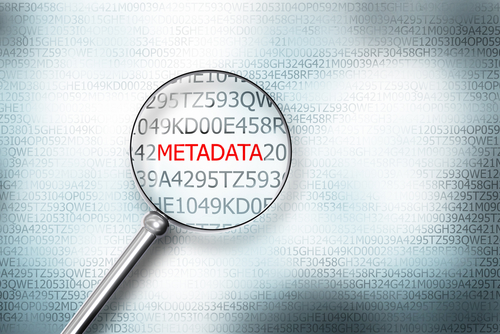Two states introduce COVID-19 waivers for July bar exams

Image from Shutterstock.com.
Test-takers in Mississippi and North Carolina will get some early exposure to the legal system they hope to join if they plan on sitting for the July bar exam.
Both in-person exams come with assumption of risk language regarding the coronavirus.
The North Carolina Board of Bar Examiners includes its language in a website link detailing information about COVID-19 requirements and protective measures.
“By proceeding to take the examination, each applicant acknowledges and voluntarily assumes all risk of exposure to or infection with COVID-19 by attending the July 2020 North Carolina bar examination, and the possibility that such exposure or infection may result in personal injury, illness, permanent disability, and death,” the document states.
There are plans to post signage with similar language at the testing sites, says Kimberly Herrick, chair of the North Carolina Board of Bar Examiners. The waiver language was recently posted on the body’s website, and board members plan to take feedback next week during its meeting.
“If we get feedback that convinces us that we’re doing something we shouldn’t be doing, we can certainly as a board to decide to change what we’re doing,” says Herrick, a guardianship and estate administration attorney based in Concord, North Carolina.
Some contracts and civil law professors, however, are scratching their heads. “I don’t think it’s enforceable or material,” says David Hoffman, a professor at the University of Pennsylvania Carey Law School. “This is not an agreement; it’s a posted sign.”
In Mississippi, the administrative office of courts website states all registered bar applicants must sign “a Waiver of Liability and Hold Harmless Agreement.” The website also states test-takers will have to follow the protocols with regard to screening questions and allowing temperature checks to take the exam, as well as engaging in physical distancing and wearing masks during the test.
“It would be hard to prove negligence on the state, if it’s operating under appropriate guidelines with separation, wearing masks and keeping people as safe as possible, says Philip McIntosh, a professor at Mississippi College School of Law.
He adds that as a general rule, the Mississippi Supreme Court has not been in favor of waivers.
“They will look at whether it has been freely negotiated, which is an immediate problem in this case, and does it affect public interest? If you are applying for a license from the state, which you have to waive negligence to get, that doesn’t sound like an equal bargaining condition,” McIntosh says.
He suspects, however, that Mississippi test-takers may be less likely to challenge the waiver than those in other states.
“That’s just a cultural thing,” McIntosh adds. ”I suspect a lot of students will say, ‘I’ve got to take the bar exam anyway.’ They may not be happy about it.”



